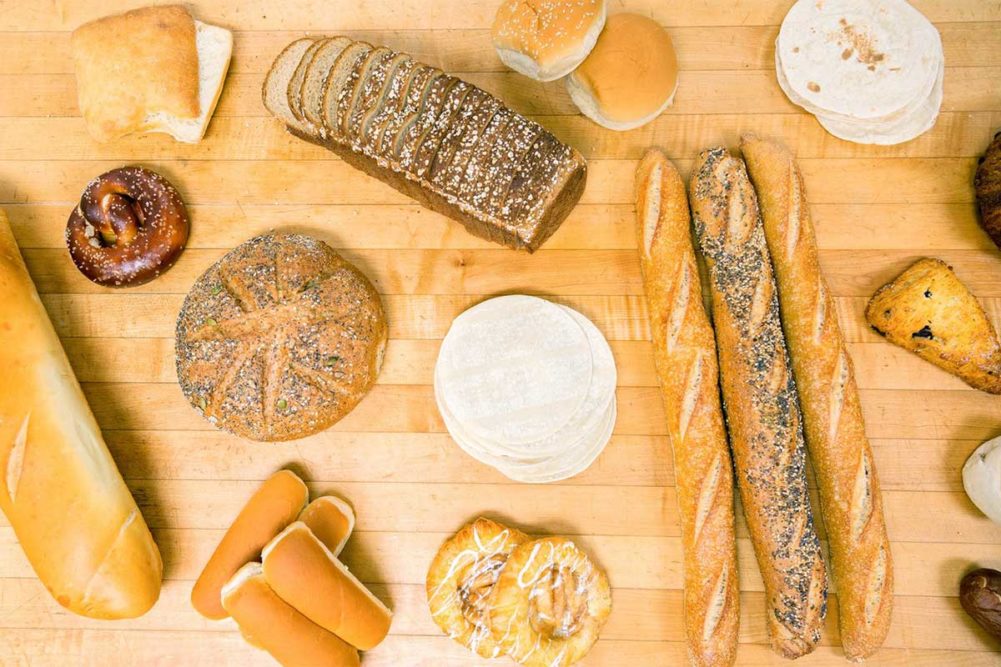Enzymes are proteins that can be added to bakery formulations to improve functionality or replace conventional ingredients that are no longer label-friendly such as DATEM, SSL, mono- and diglycerides and L-cysteine.
“Enzymes help improve baked goods because they can act on compounds found in wheat flour — starch, lipids, protein, arabinoxylans — which all help make up the structure of dough,” said Sherill Cropper, PhD, new product development manager, Lesaffre Yeast Corp. “By hydrolyzing these components this makes it easier to process and machine the dough, enhance the volume of the final product and extend shelf life.”
Enzymes like xylanases, oxidases or lipases can improve gluten formation, dough machineability, gas retention and oven spring, said Jesse Stinson, director of RD&A, Corbion, and the technology continues to improve.
“Recent advancements in enzyme technology have made it easier for bakers to ensure other aspects of freshness, including softness, moistness, resilience, tenderness and shelf life, allowing them to deliver a premium baked good that consumers crave,” she said.
The latest enzymes provide more consistent performance, which improves the finished product quality.
“Some of the most recent enzymes are much improved in terms of providing consistent product and robust performance regardless of process,” said Ashley Beech, senior application technologist, bakery enzymes, IFF Nutrition & Biosciences. “This can result in fewer cripples, product waste and complaints or returns. This is one of the main reasons enzymes are great solutions in label-friendly formulations, because it’s now possible to deliver the same or better quality and consistency of traditional chemical emulsifiers.”

